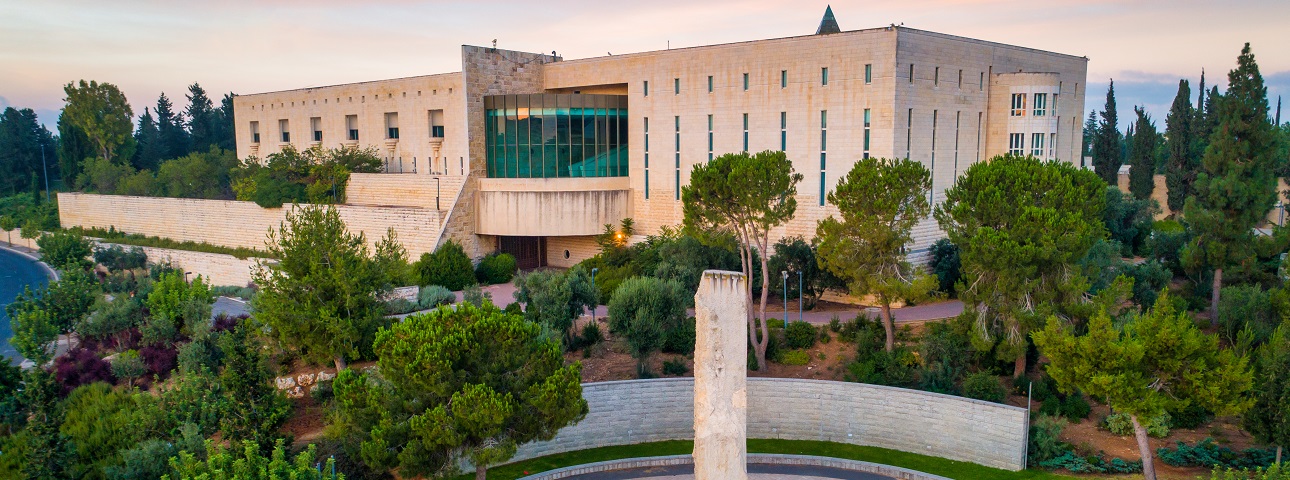The Case for a ‘Constitutional Truce’ in Israel
There’s a need for judicial reform, but the Supreme Court plays a crucial role in safeguarding democracy.

Photo by Seth Aronstam/Shutterstock
James Madison famously warned that “the accumulation of all powers, legislative, executive, and judiciary, in the same hands, whether of one, a few, or many, and whether hereditary, self-appointed, or elective, may justly be pronounced the very definition of tyranny.” Israelis, and their American friends, would do well to keep that warning in mind as they observe the trials and tribulations of the Middle East’s only democracy.
In the face of extraordinary existential threats, Israel’s improbable endurance as a free and thriving nation is all the more remarkable considering its shaky constitutional foundations. Our country has no constitution, no bill of rights, no federal distribution of power, no presidential veto, and only a single house of parliament, which is controlled by the executive branch by virtue of its parliamentary majority. A simple majority in the Knesset can—and often does—alter the foundations of our democratic regime.
What has prevented democratic erosion? Intangibles certainly play a role, among them responsible leadership, a vibrant civic culture and a divided polity. But from an institutional perspective, there has been only one check on the otherwise absolute power of any parliamentary coalition: Israel’s Supreme Court.
